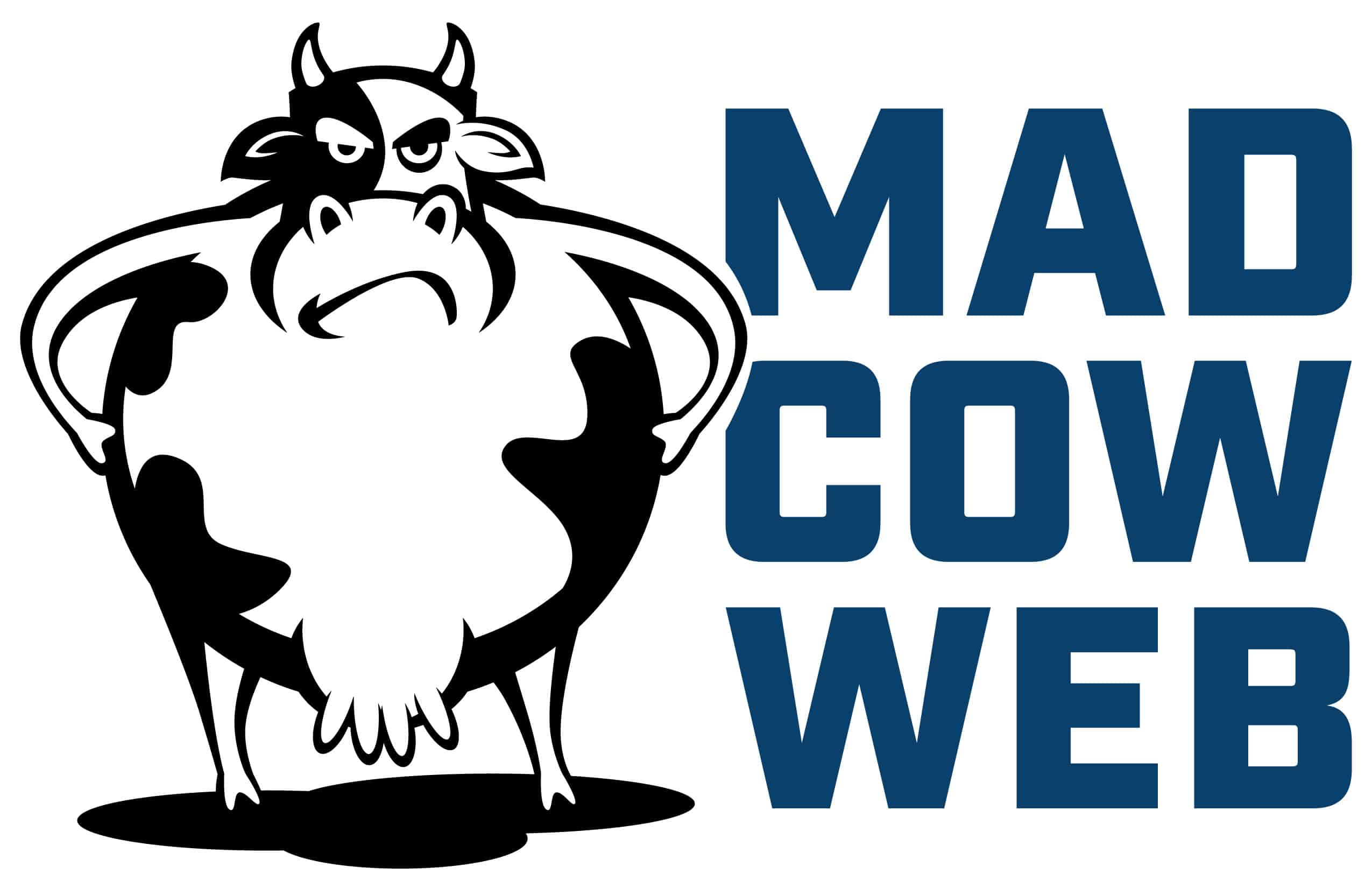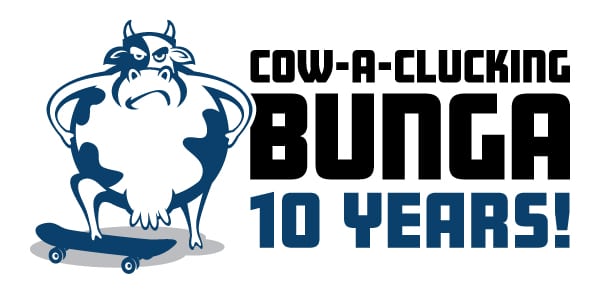 This past week I had an opportunity to chat with a client about keyword identification and research. I know this is a topic we have covered in the past, but it bears revisiting. When you are heading down the road of optimizing your site for search engines (SEO), the first and most crucial step is (researching and) selecting the most “commercially valuable” keyword phrases that will get you the most bang for your buck.
This past week I had an opportunity to chat with a client about keyword identification and research. I know this is a topic we have covered in the past, but it bears revisiting. When you are heading down the road of optimizing your site for search engines (SEO), the first and most crucial step is (researching and) selecting the most “commercially valuable” keyword phrases that will get you the most bang for your buck.
We define “commercially valuable” phrases as those phrases that have the highest number of monthly searches being performed (users like you and I typing that phrase into a search engine), and the lowest competition (number of businesses vying for that phrase in their SEO campaign). The easiest way Google has for us to define the latter, is by identifying the number of companies bidding on that exact phrase using Google adwords. This is a good indication of the number of folks optimizing for that phrase.
The core of this process involves brain-storming on the client’s part to come up with phrases that THEY believe are going to be of value to their business. At this point, the phrases are very broad “blue widgets” and don’t necessarily conform to the “long-tail” phrases that we typically like to use. The next step is to refine these phrases (make them “long-tail”) by adding geographic or other clarifiers to narrow down the field a bit. If your goal is to sell “blue widgets” from your shop in Boulder, CO we don’t want to be found for someone searching for blue widgets in Omaha! (If you are able to ship them, this geographic limitation is not used.)
Once we have established a solid list of phrases (long tail) that we want to attack, we utilize a few different programs to expand this list a bunch and add dozens, and often hundreds or thousands!, of related phrases. Granted, not all of these phrases are even close to something we would want to pursue, but we at least have the options to filter them out. After this filtering phase, we are left with a list of about 15-20 phrases that have lots of monthly searches, low competition and are directly related to the items in our respective businesses that we most want to be found. Although the tool has changed greatly and is, to my great chagrin, much less useful, the Google keyword planner is still useful enough to get started on your journey.

